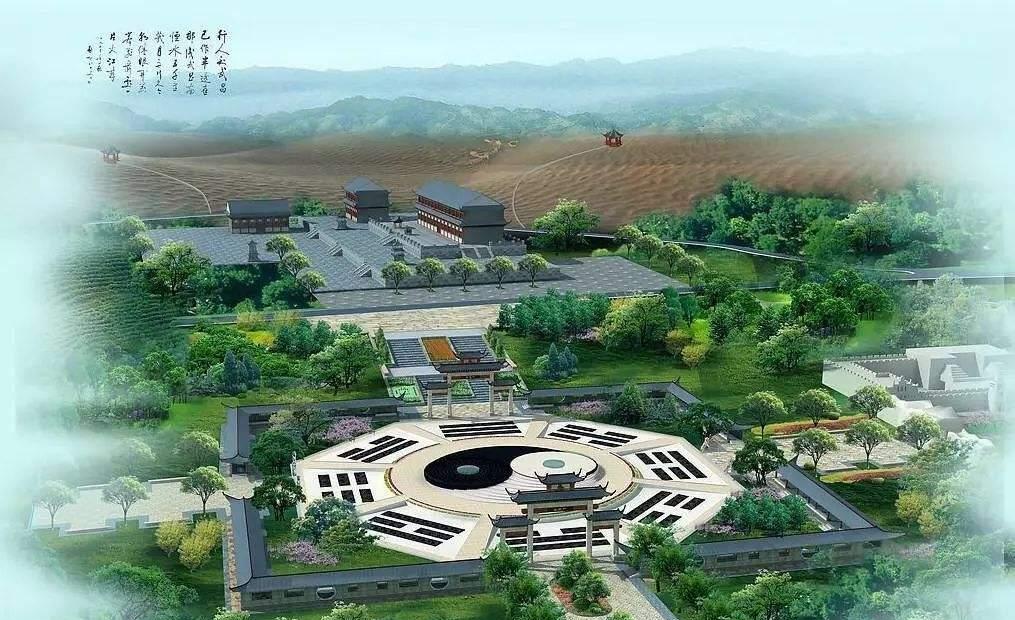Chinese culture is broad and profound, has a long history, and is all-encompassing, and one of the branches is the colloquialism. Sayings are passed down from generation to generation, word of mouth, passed down to the present, many sayings are people's meticulous summary of daily production and life, therefore, the field covered by the sayings is extremely extensive, of which there is such a part of the sayings, is related to "Yang House Feng Shui".
Feng shui is a folk science with a long history, the ancients for the location, construction and layout of the house, there are many exquisite, there are many feng shui taboos, some are integrated into the saying, widely circulated, such as today's saying "the family has a tear house, three years a cry"

What does this saying mean? Is it alarmist? Or does it make sense? Literally, this saying is not difficult to understand, referring to the tragic end of "three years of crying" if the layout of the home, if it is a "tear house".
Sayings often have the effect of warning and admonition, in order to enhance the warning effect of the sayings, the second half of the sayings often take the form of exaggeration. Judging from this saying, although it will not lead to such serious consequences as "one cry every three years", the "house of tears" is also considered bad.
The focus and difficulty of the whole saying is to understand what a "house of tears" is.
The so-called "tear house" is only two houses, the eaves are high and low, once it rains, the rainwater will fall from the high eaves to the eaves or roof of the low house, such a structure is the "tear house".
Why is it said that the "tear house" is not a good structure?
Judging from the Yang house feng shui that the ancients believed, this is a kind of fire, which is called "tear-dripping fire". Allegorically, the house is like a tear, which gives people a psychological hint of desolation and misery.
If the eaves extend out between neighbors, resulting in a "tear house", the family of the person who lives in a low house will feel "crushed", which is easy to cause psychological depression and neighborhood discord.
Many of the "TearDrop Houses" are caused by the proximity of the two buildings and the disparity in height. The disparity in height will block part of the sunlight, which in turn will lead to poor lighting, and the ancients built houses, and the distance between the two will be vacated, leaving a "roadway", which can maintain air ventilation.
If it is the feng shui pattern of the "tear house", due to the low rain on the eaves, it will make a sound, which belongs to the category of noise, affecting people's work and rest, and over time, especially in the rainy season, it will be upsetting. At the same time, due to the limited level of construction of ancient houses, the eaves are not strong, and if the tiles fall, it is easy to cause casualties.
summary:
The above is about "the family has a house of tears, three years a cry", some interpretations of this saying, it can be seen that this saying is not empty, but has a certain basis.
Of course, there are many sayings about "Yang House Feng Shui", and the architectural feng shui mentioned by the ancients is not all superstition, such as "sitting north and facing south", "anti-bow water and surrounding water", etc., all of which have a certain truth. Of course, there are also some, due to the limitations of ancient scientific civilization, belong to the category of superstition.
Whether it is the feng shui theory left by the ancients, or the proverbs, etc., it cannot be completely denied, nor can it be fully affirmed, but it must be interpreted from the perspective of the ancients, and then take its essence, remove its dross, and look at it correctly, reasonably and objectively.
What do you think about that? Comments are welcome.